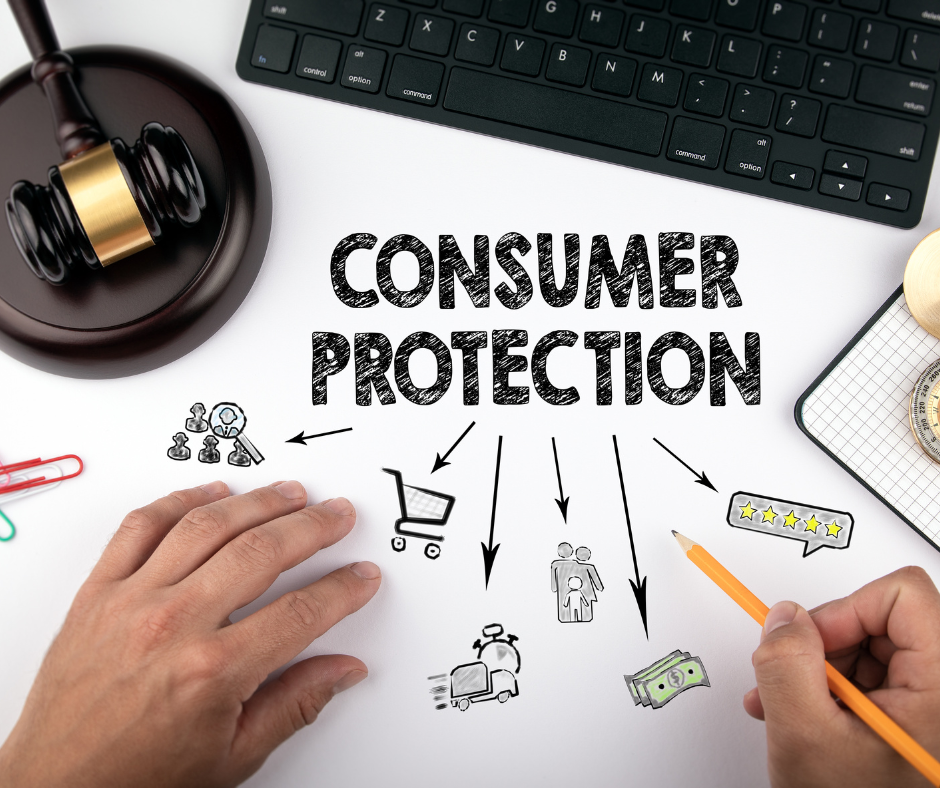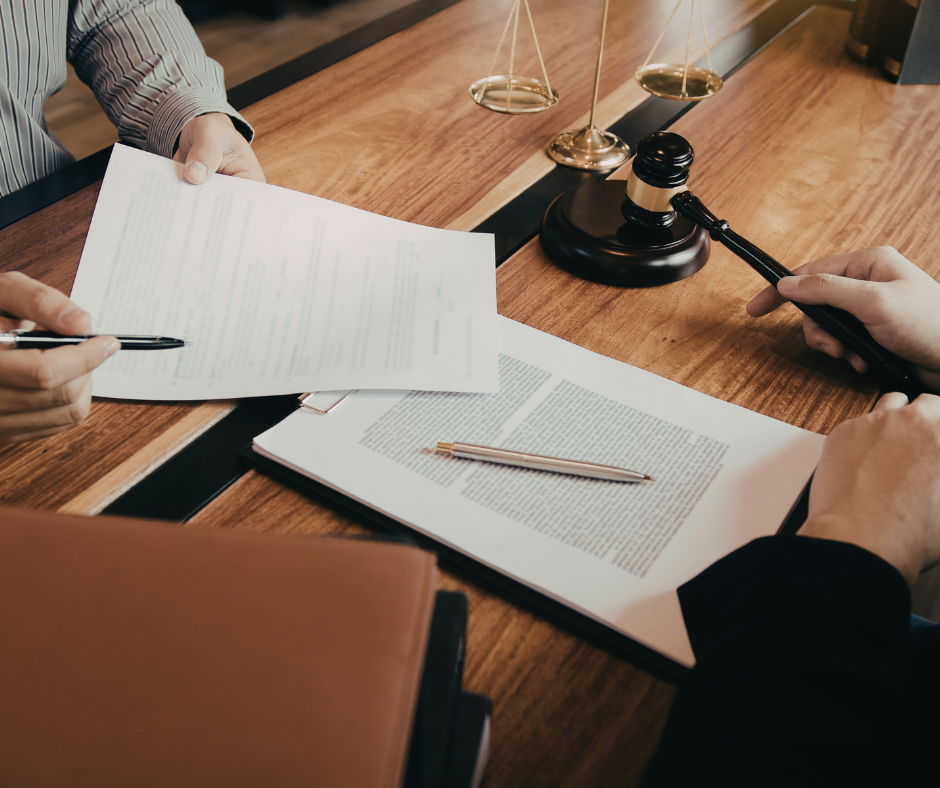Why Every Business and Consumer Must Understand Product Liability and Consumer Protection Laws — Before It’s Too Late
We are living in a time where one defective product can destroy a company’s reputation overnight, cost millions in legal damages, and shatter public trust. At the same time, consumers have never been more informed, vocal, or legally protected. The stakes are higher than ever before.
Product liability and consumer protection laws are no longer just legal jargon for corporate lawyers—they are urgent, strategic necessities for business owners, manufacturers, marketers, and every consumer in today’s economy. The failure to understand and act on these laws can result in crippling lawsuits, irreversible reputational damage, and even criminal prosecution.
This isn’t about compliance.
This is about survival.
What Is Product Liability? A Legal Obligation with Life-Altering Consequences
Product liability refers to the legal responsibility of manufacturers, distributors, suppliers, and retailers to ensure that the products they place into the hands of consumers are safe, reliable, and defect-free. If a product causes harm or injury due to a design flaw, manufacturing defect, or inadequate warning, the company is liable.
And here’s the painful truth—ignorance is not a defense.
Whether you’re selling electronics, cosmetics, food, pharmaceuticals, toys, or industrial equipment, if your product injures someone, you are responsible, and the consequences can be devastating.
Consumer Protection Laws: More Than Regulation — A Shield for Public Trust
Consumer protection laws are designed to safeguard the rights of buyers and hold businesses accountable. These laws cover areas such as:
-
False advertising
-
Unsafe products
-
Unfair business practices
-
Hidden fees or misleading pricing
-
Data protection and privacy violations
They’re not just legal formalities.
They are public safeguards, economic stabilizers, and moral compasses in the marketplace.
Governments across the world—from the United States to the European Union, Malaysia to India—are strengthening these laws every year. Regulatory authorities are becoming more aggressive in enforcement. Consumers are more empowered than ever.
The message is clear: If you betray consumer trust, you will pay the price.
The Social Impact: Broken Trust Can’t Be Repaired with Apologies
When a product fails, the effects are not just physical—they are emotional, psychological, and deeply social. Defective goods can cause injury, disability, or death. Misleading products can cause financial ruin. In some cases, entire families suffer.
Think about it:
-
A faulty baby product endangering a child’s life.
-
A mislabeled medicine causing allergic reactions.
-
A deceptive financial product robbing people of their savings.
These aren’t just “claims.” These are lives shattered, dreams destroyed, and trust broken.
No company wants to be the next cautionary tale. But many are, simply because they failed to act.
Why Businesses Must Act Now — The Legal and Financial Urgency
Every leadership team must prioritize product safety and consumer trust. This is not an option anymore. It’s a duty, a necessity, and a matter of strategic urgency.
Failing to comply with product liability and consumer protection laws can result in:
-
Class action lawsuits
-
Criminal investigations
-
Multi-million-dollar fines
-
Global product recalls
-
Public relations disasters
-
Permanent loss of customer loyalty
The cost of non-compliance is far greater than the investment in safety, quality control, and ethical business practices.
What Every Business Must Do Today
1. Audit All Products and Processes Immediately
Don’t assume your products are safe. Conduct a full review of design, production, packaging, and labeling. Fix weaknesses before they become liabilities.
2. Establish Clear Compliance Protocols
Every department—from R&D to marketing—must understand the legal requirements of product liability and consumer rights. Educate your teams.
3. Communicate with Radical Transparency
Don’t hide flaws. Be honest, clear, and proactive. Customers value honesty more than perfection.
4. Set Up a Rapid Response Strategy
If something goes wrong, how quickly can you act? Create a crisis response plan that prioritizes customer safety and corporate accountability.
5. Monitor Laws and Adapt Regularly
Laws evolve. So must your business. Stay ahead of global regulatory trends and adapt accordingly.
For Consumers: Know Your Rights, Demand Accountability
Consumers today are not powerless. You have the right to:
-
Safe and defect-free products
-
Honest advertising and complete information
-
Refunds, repairs, or replacements for faulty goods
-
Legal action against negligent businesses
Use your voice. Use your legal rights. And demand better. Your vigilance is the strongest force shaping ethical markets.
The Future Is Ethical, Transparent, and Accountable — Are You Ready?
We are at a turning point. The companies that survive and thrive in the future will not be the ones that simply chase profits, but those that build trust, integrity, and compliance into every product, process, and policy.
This is your wake-up call.
Revisit your legal obligations.
Rebuild consumer trust.
Revolutionize your commitment to safety and ethics.
The consequences of inaction are irreversible. But the rewards of doing the right thing are infinite.
Reputation. Loyalty. Legacy. These are earned through action.
Start today. Before it’s too late.






